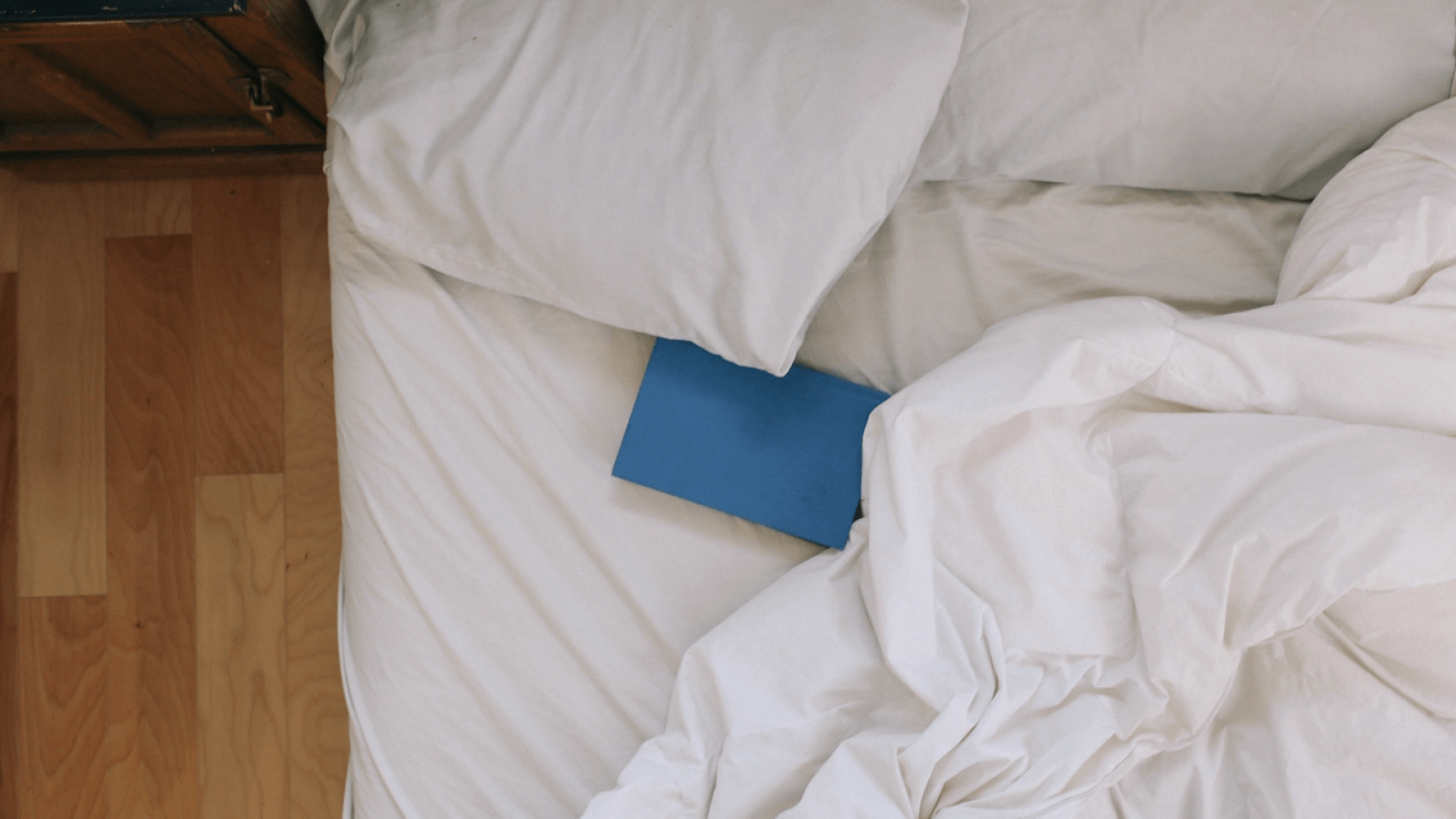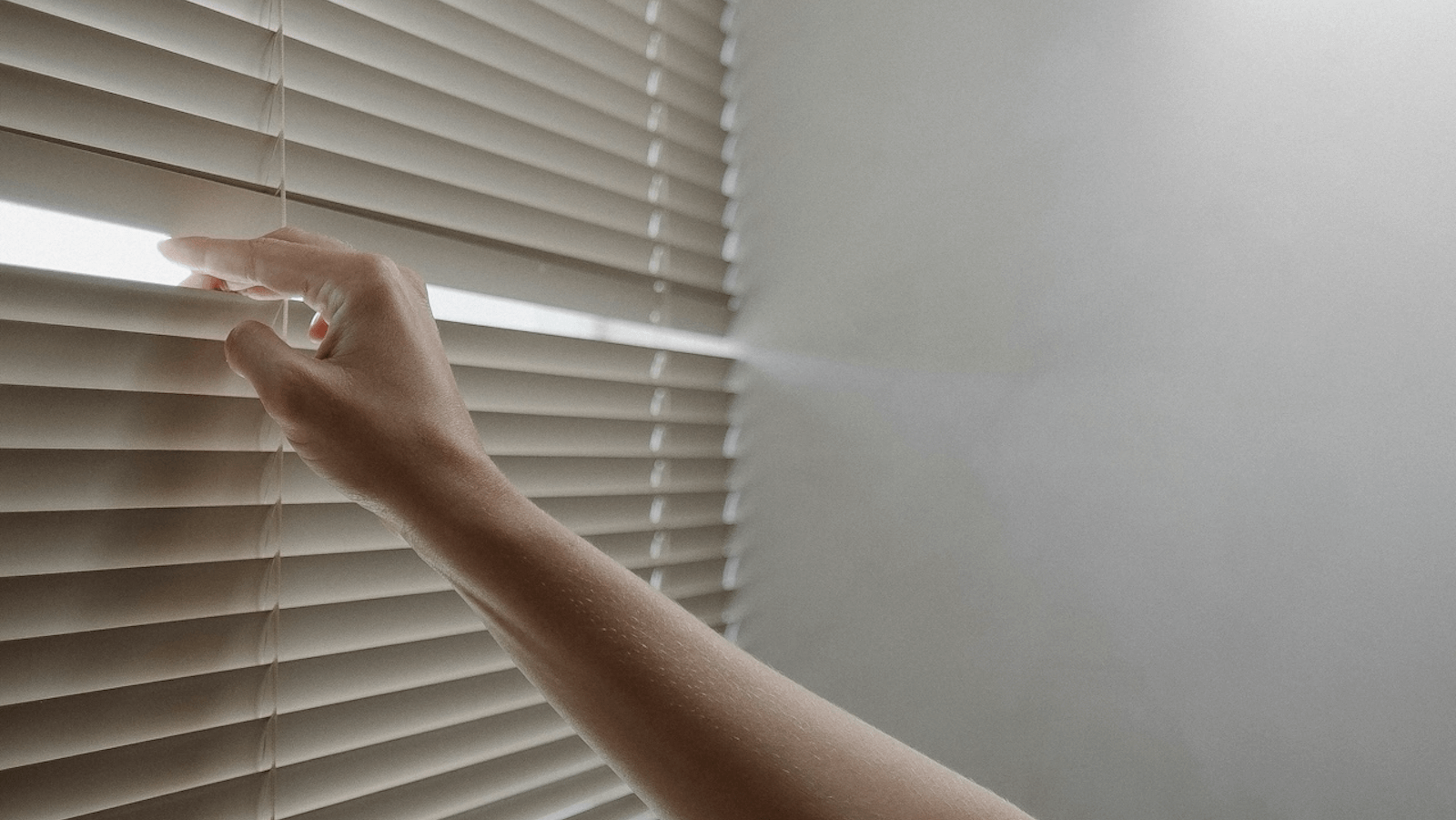Key takeways
Effexor-induced sweating affects up to 19% of users and is dose-dependent, occurring more frequently at higher doses
Night sweats typically persist during treatment but may improve over time as your body adapts to the medication
Practical cooling strategies and lifestyle adjustments can help manage symptoms without compromising treatment
Effexor (venlafaxine) is a serotonin-norepinephrine reuptake inhibitor (SNRI) commonly prescribed for depression and anxiety disorders. While many people find it helpful for their mental health symptoms, Effexor comes with a range of potential side effects. Among these, excessive sweating—including troublesome night sweats—ranks as one of the most frequently reported and bothersome experiences for users.
Understanding why this happens, how common it is, and what can be done about it can help you make informed decisions about your treatment and find practical ways to manage this side effect.
Why Does Effexor Cause Night Sweats?
Effexor works by blocking the reuptake of two key neurotransmitters: serotonin and norepinephrine. This action increases the availability of these chemicals in your brain, which is thought to contribute to its antidepressant effects. However, these neurotransmitters also play important roles in regulating your body's temperature control system.
When Effexor alters the balance of serotonin and norepinephrine, it can disrupt your body's normal thermoregulatory processes. This disruption can lead to increased sweating, both during the day and at night. The medication essentially makes your body's temperature control system more sensitive, causing you to sweat more readily in response to normal temperature variations.
Night sweats specifically occur because your body temperature naturally fluctuates during sleep cycles. With Effexor's influence on your thermoregulatory system, these normal temperature changes can trigger excessive sweating episodes that are severe enough to wake you up or soak through your sleepwear and bedding.
How Common Are Effexor-Related Night Sweats?
Clinical trial data from the FDA-approved prescribing information reveals that sweating is indeed a common side effect of Effexor. In controlled studies, 12% of people taking Effexor experienced excessive sweating compared to only 3% of those taking placebo—a four-fold increase.
More concerning is the dose-dependent nature of this side effect. In studies comparing different Effexor doses:
- 75 mg daily: 6.7% experienced sweating
- 225 mg daily: 12.4% experienced sweating
- 375 mg daily: 19.3% experienced sweating
This clear dose-response relationship means that people taking higher doses of Effexor are significantly more likely to experience problematic sweating, including night sweats.
Real-world patient surveys suggest these clinical trial numbers may actually underestimate the true prevalence. In one large survey of antidepressant users, "profuse sweating" was among the most frequently reported side effects for SNRI medications like Effexor.
When Do Night Sweats Typically Start and Stop?
Night sweats from Effexor typically begin within the first few weeks of starting the medication or increasing the dose. Most people notice this side effect relatively early in their treatment course, though the timing can vary between individuals.
The good news is that clinical studies show evidence of adaptation to some Effexor side effects over time. However, sweating appears to be one of the side effects that shows less adaptation compared to others like nausea or dizziness. This means that while night sweats may improve somewhat as your body adjusts to the medication, they often persist to some degree throughout treatment.
Does Effexor Sweating Go Away?
The persistence of Effexor-induced sweating varies significantly between individuals. Some people do experience improvement over the first 6-8 weeks of treatment as their body adapts to the medication. However, for many users, some degree of increased sweating continues throughout their treatment period.
Several factors can influence whether and how much the sweating improves:
- Individual physiology: Some people's bodies adapt more readily to medication effects than others
- Dose stability: Frequent dose changes can reset the adaptation process
- Overall health: Underlying conditions affecting metabolism or hormone levels can influence sweating patterns
- Environmental factors: Climate, stress levels, and lifestyle factors all play a role
It's important to note that if you discontinue Effexor, the sweating side effects typically resolve as the medication leaves your system. However, discontinuation should always be done gradually under medical supervision to avoid withdrawal symptoms.
Managing Effexor Night Sweats
While you may not be able to completely eliminate night sweats while taking Effexor, several evidence-based strategies can help minimize their impact on your sleep and daily life.
Sleep Environment Modifications
Creating a cooler sleep environment is often the most effective immediate intervention:
- Temperature control: Set your bedroom temperature to 65-68°F (18-20°C), which is optimal for most people's sleep
- Bedding choices: Use moisture-wicking sheets made from bamboo, linen, or moisture-wicking synthetic materials rather than cotton
- Sleepwear: Choose lightweight, breathable pajamas or consider sleeping in minimal clothing
- Air circulation: Use fans to improve airflow around your sleeping area
- Mattress considerations: Memory foam can trap heat, so consider a cooling mattress pad or more breathable mattress materials
Lifestyle Strategies
Several daily habits can help reduce the severity of night sweats:
- Evening routine: Avoid hot showers, spicy foods, caffeine, and alcohol in the hours before bedtime, as these can all trigger additional sweating
- Hydration timing: Stay well-hydrated during the day, but limit fluid intake 2-3 hours before bed to reduce nighttime bathroom trips that can disrupt sleep
- Stress management: Since stress can worsen sweating, incorporate relaxation techniques like deep breathing or progressive muscle relaxation into your evening routine
- Exercise timing: Regular exercise can improve overall sleep quality, but avoid vigorous activity within 3-4 hours of bedtime
When to Consult Your Healthcare Provider
While night sweats are a known side effect of Effexor, certain situations warrant medical attention:
- Severe symptoms: If sweating is so excessive that it significantly disrupts your sleep or daily functioning
- Sudden changes: If you experience a dramatic increase in sweating after being stable on your dose
- Additional symptoms: If night sweats are accompanied by fever, unexplained weight loss, or other concerning symptoms
- Impact on wellbeing: If the side effect is severely affecting your quality of life or making you consider stopping the medication
Your healthcare provider may consider dose adjustments, timing changes (such as taking the medication in the morning instead of evening), or alternative medications if the sweating is too problematic.
The Bigger Picture: Understanding Medication Side Effects
Effexor night sweats illustrate an important principle about how psychiatric medications work: they affect entire body systems, not just brain chemistry. The same neurotransmitter pathways that help with depression and anxiety also regulate many other bodily functions, including temperature control, digestion, and sleep patterns.
This broader impact explains why antidepressants can cause such a wide range of side effects. Your brain adapts to the presence of the medication over time, establishing a new equilibrium. However, this adaptation process is highly individual—what one person tolerates easily may be problematic for another.
Understanding that side effects like night sweats result from your body's normal physiological responses to medication changes can help reduce anxiety about these symptoms. They're not necessarily signs that something is wrong, but rather evidence that the medication is having its intended effect on your neurotransmitter systems.
Conclusion
Night sweats are a common and often persistent side effect of Effexor, affecting up to 19% of users in a dose-dependent manner. While these symptoms may improve somewhat over time as your body adapts, they often continue throughout treatment to some degree.
The good news is that practical strategies—from optimizing your sleep environment to adjusting evening routines—can significantly reduce the impact of night sweats on your sleep quality and daily life. Working closely with your healthcare provider ensures you can balance the benefits of Effexor for your mental health with manageable side effects.
Considering Coming Off Effexor? Outro Can Help
If night sweats or other side effects are making you consider discontinuing Effexor, it's crucial to approach this decision with proper support and medical guidance. Outro specializes in helping people safely navigate antidepressant discontinuation through evidence-based tapering protocols and comprehensive support services. Our team understands the complexities of coming off medications like Effexor and can provide the personalized guidance you need to make informed decisions about your mental health treatment.
Want to explore tapering?
Book a free discovery call with the Outro team.
The information provided on this page is for educational and informational purposes only and is not intended as medical advice. It should not be used to diagnose, treat, cure, or prevent any medical condition. Always seek the guidance of a qualified healthcare professional with any questions you may have regarding your health, medical condition, or treatment. Never disregard professional medical advice or delay in seeking it because of something you have read here. If you are experiencing a medical emergency, please call 911 (or your local emergency number) immediately.
Effexor (venlafaxine hydrochloride) [Prescribing Information]. Wyeth Pharmaceuticals, Inc. U.S. Food and Drug Administration.
Cartwright, C., Gibson, K., Read, J., Cowan, O., & Dehar, T. (2016). Long-term antidepressant use: Patient perspectives of benefits and adverse effects. Patient Preference and Adherence, 10, 1401-1407.
Horowitz, M. A., Buckman, J. E. J., Saunders, R., Aguirre, E., Davies, J., & Moncrieff, J. (2025). Antidepressants withdrawal effects and duration of use: A survey of patients enrolled in primary care psychotherapy services. Psychiatric Research, 116497.
The Maudsley Deprescribing Guidelines: Antidepressants, Benzodiazepines, Gabapentinoids and Z-drugs. (2023). Comprehensive guide to safe deprescribing. Apress.
.png)




